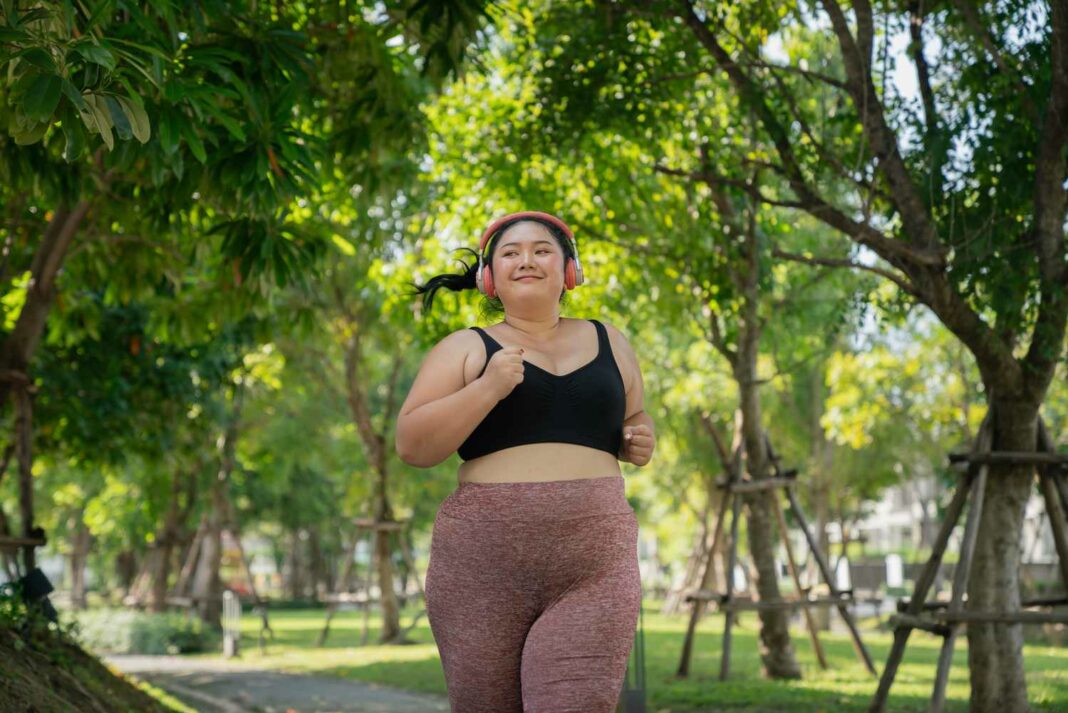How to Reverse Insulin Resistance: 8 Ways to Improve
Insulin resistance is a condition where the body’s cells do not respond properly to insulin, leading to high levels of glucose in the blood. If left untreated, insulin resistance can progress to type 2 diabetes and other serious health issues. However, there are ways to reverse insulin resistance and improve your overall health. Here are 8 effective strategies to help you get started:
1. Eat a Healthy Diet
One of the most important steps in reversing insulin resistance is to follow a healthy diet. Focus on consuming whole foods such as fruits, vegetables, whole grains, lean proteins, and healthy fats. Avoid processed foods, sugary drinks, and foods high in saturated fats and trans fats. Incorporating more fiber-rich foods into your diet can also help improve insulin sensitivity.
2. Exercise Regularly
Regular physical activity is essential for improving insulin sensitivity and reversing insulin resistance. Aim for at least 30 minutes of moderate-intensity exercise most days of the week. Cardiovascular exercises such as walking, running, cycling, and swimming can help lower blood sugar levels and improve insulin function. Strength training exercises can also be beneficial for building muscle mass and improving insulin sensitivity.
3. Maintain a Healthy Weight
Being overweight or obese can contribute to insulin resistance and increase your risk of developing type 2 diabetes. By maintaining a healthy weight through a balanced diet and regular exercise, you can improve insulin sensitivity and reduce your risk of insulin-related complications. Focus on achieving a healthy body mass index (BMI) and waist circumference to support your overall health.
4. Manage Stress
Chronic stress can contribute to insulin resistance and negatively impact your overall health. Finding ways to manage stress through relaxation techniques, mindfulness practices, and regular exercise can help improve insulin sensitivity and reduce your risk of developing insulin-related conditions. Consider incorporating stress-reducing activities such as yoga, meditation, or deep breathing exercises into your daily routine.
5. Get Adequate Sleep
Poor sleep quality and inadequate sleep duration can disrupt hormone regulation and contribute to insulin resistance. Aim for 7-9 hours of quality sleep each night to support healthy insulin function and overall well-being. Establish a consistent sleep schedule, create a relaxing bedtime routine, and limit screen time before bed to improve your sleep habits and promote insulin sensitivity.
6. Limit Sugar and Refined Carbohydrates
High intake of sugar and refined carbohydrates can cause spikes in blood sugar levels and contribute to insulin resistance. Reduce your consumption of sugary foods, beverages, and processed snacks to help regulate blood sugar levels and improve insulin sensitivity. Instead, focus on consuming whole foods that are rich in fiber, protein, and healthy fats to support balanced blood sugar levels and optimal insulin function.
7. Stay Hydrated
Drinking an adequate amount of water throughout the day is essential for supporting healthy blood sugar levels and insulin function. Dehydration can lead to imbalances in blood sugar levels and contribute to insulin resistance. Aim to drink at least 8-10 glasses of water per day to stay hydrated and support optimal insulin sensitivity.
8. Consult with a Healthcare Provider
If you are struggling to reverse insulin resistance on your own, it may be beneficial to consult with a healthcare provider or a registered dietitian for personalized guidance and support. They can help you create a customized treatment plan that addresses your specific needs and health goals. They may also recommend medications or other interventions to help improve your insulin sensitivity and overall health.
Conclusion
Reversing insulin resistance is possible with lifestyle changes that support healthy habits and promote optimal insulin function. By adopting a healthy diet, exercising regularly, maintaining a healthy weight, managing stress, getting adequate sleep, limiting sugar and refined carbohydrates, staying hydrated, and seeking professional guidance when needed, you can improve your insulin sensitivity and reduce your risk of developing type 2 diabetes and other insulin-related complications.
FAQs
1. Can insulin resistance be reversed?
Yes, insulin resistance can be reversed through lifestyle changes such as diet, exercise, and stress management. By adopting healthy habits and making positive choices, you can improve your insulin sensitivity and reduce your risk of developing type 2 diabetes.
2. How long does it take to reverse insulin resistance?
The time it takes to reverse insulin resistance can vary depending on individual factors such as age, weight, and overall health. With consistent effort and dedication to healthy habits, you may start to see improvements in insulin sensitivity within a few weeks to a few months.
3. What foods should I avoid to improve insulin sensitivity?
To improve insulin sensitivity, it is important to avoid foods high in sugar, refined carbohydrates, and unhealthy fats. Limit your intake of sugary snacks, processed foods, sugary drinks, and fried foods to support healthy blood sugar levels and optimal insulin function.




